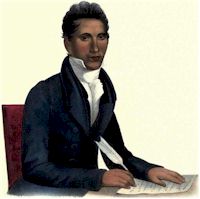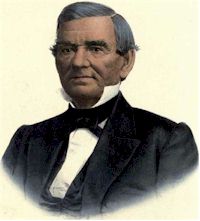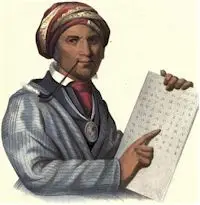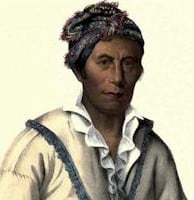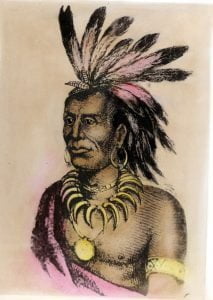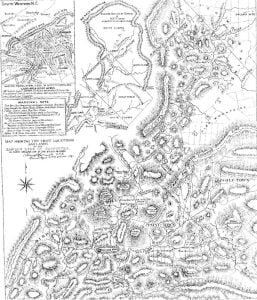Act of Union Between The Eastern and Western Cherokees
The following act of union between the eastern and western Cherokees was signed on August 12, 1839. Whereas our Fathers have existed, as a separate and distinct Nation, in the possession and exercise of the essential and appropriate attributes of sovereignty from a period extending into antiquity, beyond the records and memory of man: And Whereas these attributes, with the rights and franchises which they involve, remain still in full force and virtue, as do also the national and social relations of the Cherokee people to each other and to the body politic, excepting in those particulars which have grown … Read more

